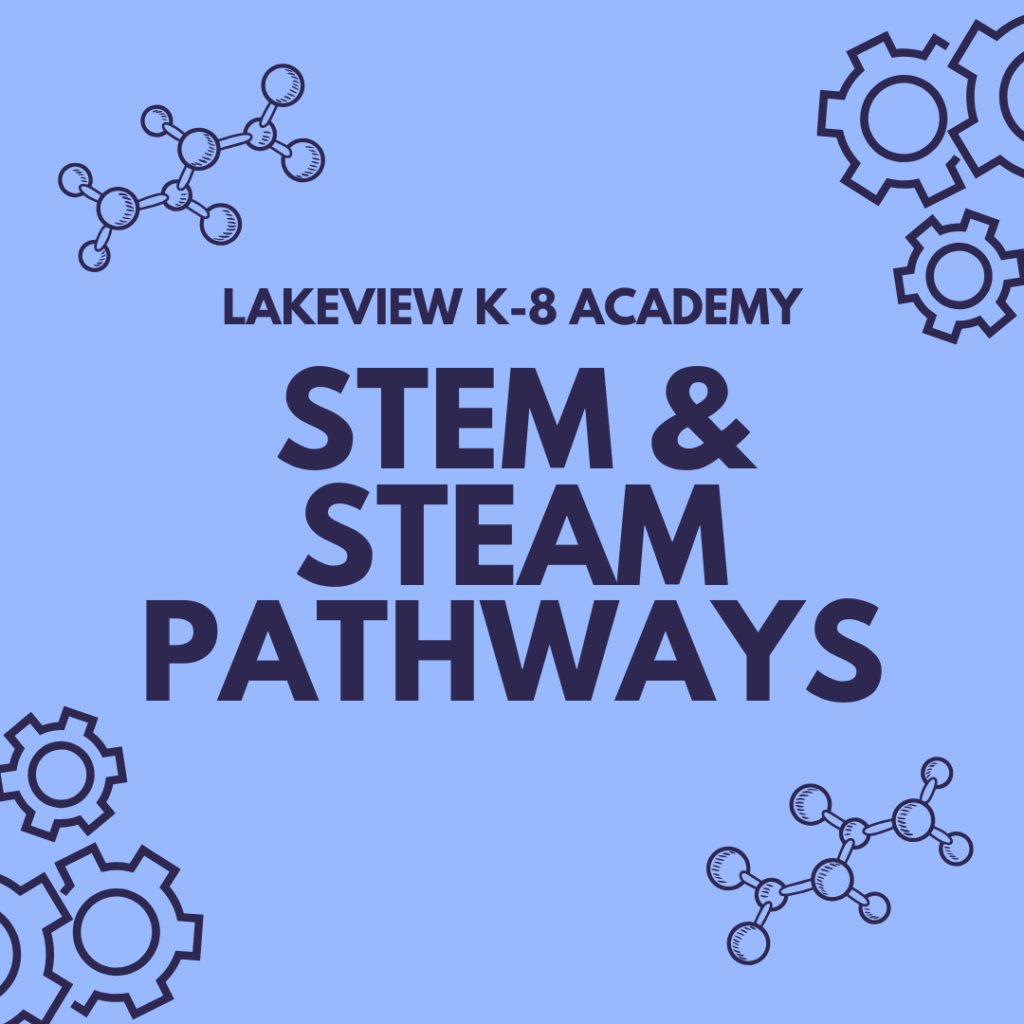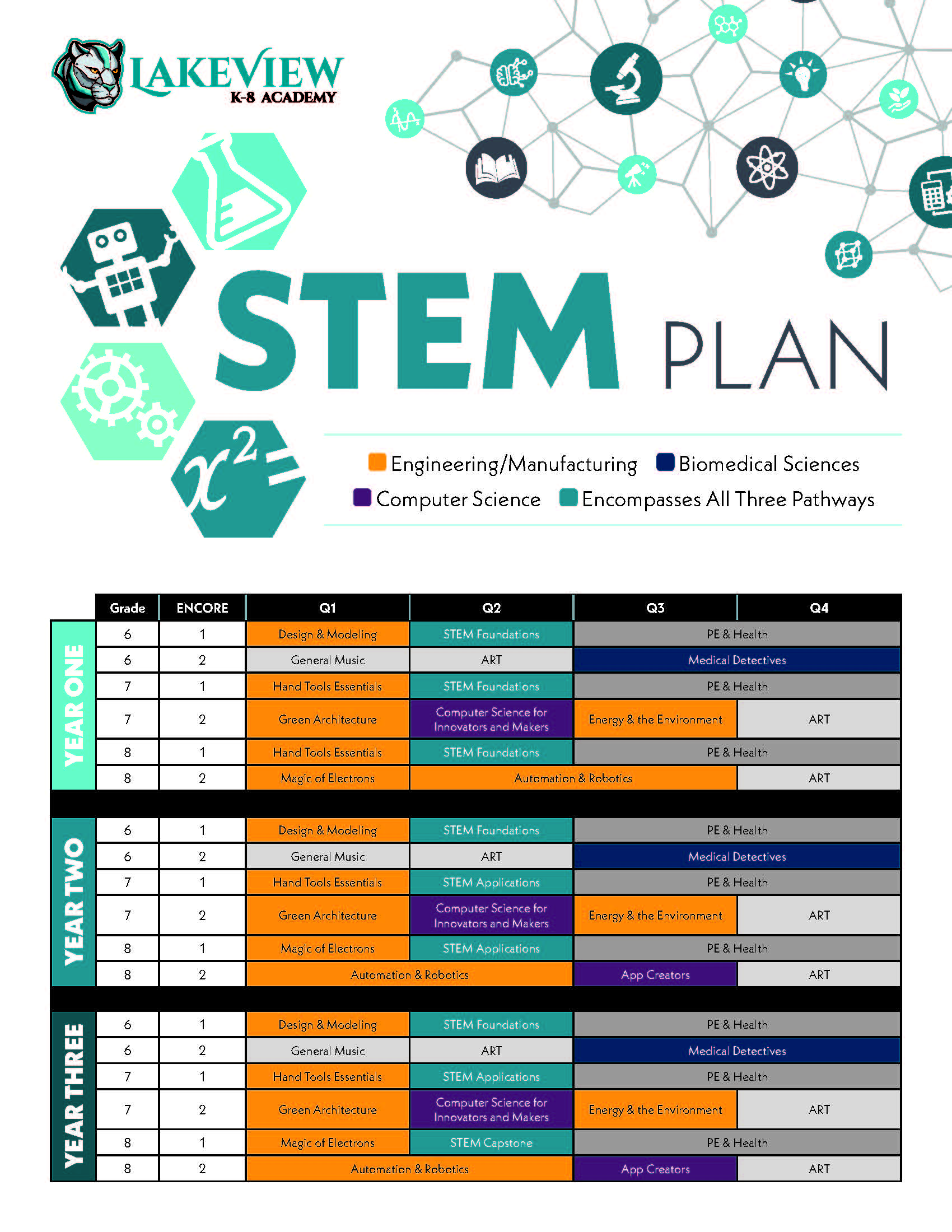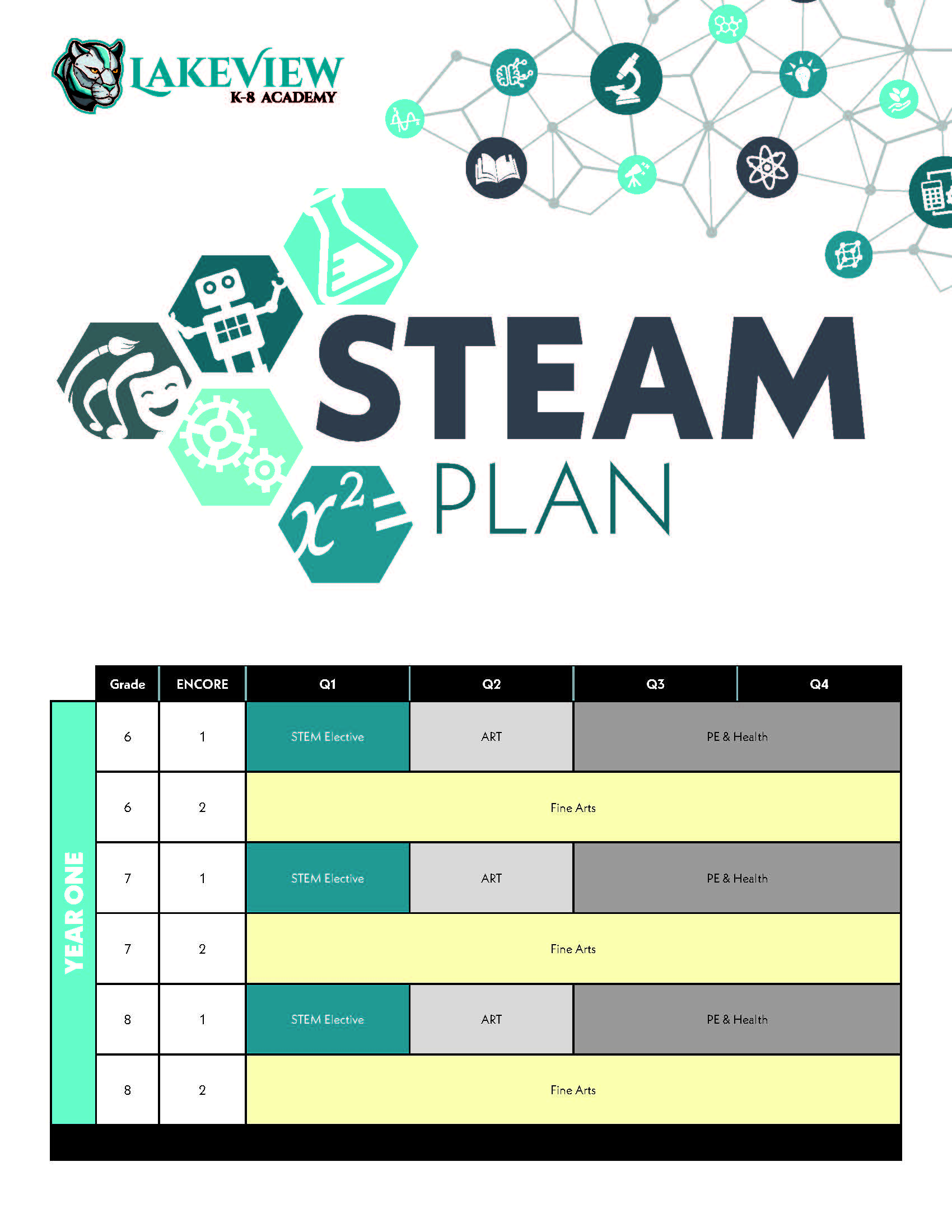STEM Course Descriptions
MIDDLE SCHOOL Courses:
App Creators: Introduces students to the field of computer science and the concepts of computational thinking, through the creation of mobile apps. Students are challenged to be creative and innovative, as they collaboratively design and develop mobile solutions to engaging, authentic problems. Students experience the positive impact of the application of computer science to society as well as other disciplines, particularly biomedical science.
Automation & Robotics: Students explore robotics and automation as they take on the role of interns, and work in teams to create prototypes to meet the needs of clients. They build and analyze mechanical systems and automate them with programmed input and output devices.
Computer Science for Innovators and Makers: Teaches students that programming goes beyond the virtual world into the physical world. Students are challenged to creatively use sensors and actuators to develop systems that interact with their environment. Designing algorithms and using computational thinking practices, they code and upload programs to microcontrollers that perform a variety of authentic tasks. The unit broadens students’ understanding of computer science concepts through meaningful applications. Teams select and solve a personally relevant problem related to wearable technology, interactive art, or mechanical devices.
Design and Modeling (DM): Provides students opportunities to apply the design process to creatively solve problems. Students learn and utilize methods for communicating design ideas through sketches, solid models, and mathematical models. Students will understand how models can be simulated to represent an authentic situation and generate data for further analysis and observations. Students work in teams to identify design requirements, research the topic, and engage stakeholders.
Energy and the Environment (EE): Students are challenged to think big and look toward the future as they explore sustainable solutions to our energy needs and investigate the impact of energy on our lives and the world. They design and model alternative energy sources and evaluate options for reducing energy consumption.
Flight and Space (FS): The exciting world of aerospace comes alive in this unit. Students become engineers as they design, prototype, and test models to learn about the science of flight and what it takes to travel and live in space. They solve real-world aviation and space challenges and plan a mission to Mars.
Green Architecture (GA): Having grown up in an age of “green” choices, students learn how to apply this concept to the fields of architecture and construction by exploring dimensioning, measuring, and architectural sustainability as they design affordable housing units using Autodesk® 123D® Design software.
Hand Tools Essentials: Students learn the hand tool identification and safety protocols for oneself, others, and the lab environment. Students will practice various hand tools in their functions via lab activities, demonstrating their skill and comprehension with hands-on projects.
Magic of Electrons (ME): Through hands-on projects, students explore electricity, the behavior and parts of atoms, and sensing devices. They learn knowledge and skills in basic circuitry design and examine the impact of electricity on the world around them.
Medical Detectives: Students play the role of real-life medical detectives as they collect and analyze medical data to diagnose disease. They solve medical mysteries through hands-on projects and labs, measure and interpret vital signs, dissect a sheep brain, investigate disease outbreaks, and explore how a breakdown within the human body can lead to dysfunction.
Science of Technology (ST): Students explore how science impacts the technology of yesterday, today, and the future. Students apply the concepts of physics, chemistry, and nanotechnology to STEM activities and projects, including making ice cream, cleaning up an oil spill, and discovering the properties of nanomaterials. Students work in teams to identify design requirements, research the topic, and engage stakeholders.
STEM Foundations (MS): Designed to ensure that middle school students will be able to engage in project-based, hands-on Computer Science and Engineering learning experiences. The lessons are designed to explore content concepts of STEM through real world applications with each lesson encompassing a framework of engagement, explanation, and evaluation of learning.
ELEMENTARY Course:
STEM Foundations: is a foundational course in engineering, hand tool foundations, and computer science coding. Students learn STEM concepts through real world applications and project-based, hands-on learning.


